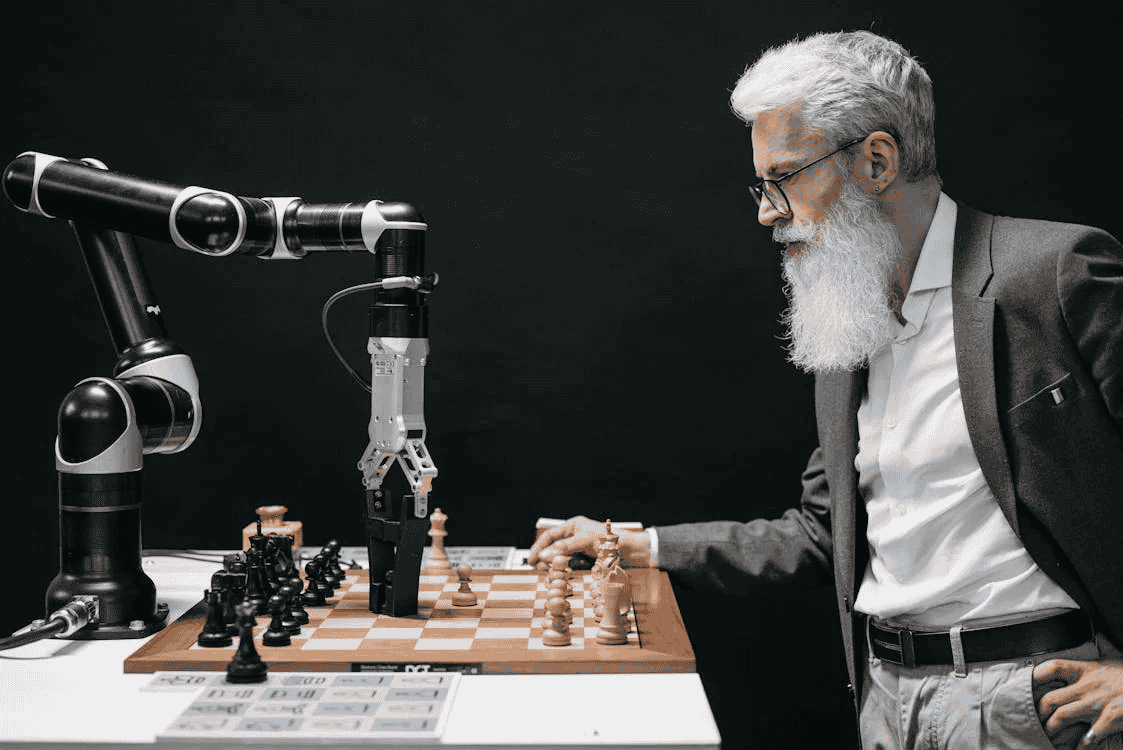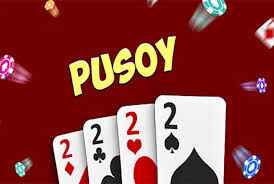Game theory is a way to look at how people make decisions when their choices depend on what others do. It’s often used in maths and economics, but the idea is much simpler than it sounds. It’s about thinking ahead and guessing what someone else might choose before making your move.
Most people use this kind of thinking every day without even realising it. Simple actions like choosing when to speak or how to respond to someone involve thinking about what others might do. These are all small examples of game theory in action.
You don’t need to be in a classroom or playing a board game to use strategy. In many moments throughout the day, people make choices that are part of a bigger game. The rest of this article explores where this shows up and how it shapes our actions.
Social Situations and Reactions
There’s often more thinking involved in responding to messages than it seems. You might pause to think about how fast the other person usually replies. Or you might wonder if replying too soon seems too eager, so you hold back for a bit.
Decisions in group plans or social events can often feel like a silent game. People ask who else is going, how long others will stay, and what’s expected. These choices are not random but somewhat shaped by others’ actions and how one wants to be seen in the group. Understanding this can make us more aware of our actions and the dynamics at play.
Board games like chess or Monopoly also show how people use strategy. In these games, players often think a few steps ahead, trying to predict what their opponents might do next. They adjust their choices based on how others play, making it a clear example of game theory at work.
Games played with others make this even more apparent. In multiplayer video games, every player watches the others, plans a move, and then reacts again. It’s a loop of decisions and reactions. Even games that seem based on chance, like slots, involve strategy.
When people play slot games, they balance risk with possible reward. Though chance plays a role, players still use patterns and past results to guide their choices.
Workplace and School Environments
It’s common to see strategy at work during group projects. Some people step up to lead, while others hang back, often based on past group experiences or how confident they feel. The goal is often to avoid extra work or earn credit without taking too much risk.
Teachers’ or managers’ efforts and attention are limited, so people make moves to get noticed. One person might speak early in a meeting to stand out. Another might wait, first listening to see what ideas others offer. Each move is made after considering the possible reactions of others.
Making choices at school or work is rarely random. When someone chooses who to team up with or when to ask a question, they’re thinking through possible outcomes. These small plans add up, showing how strategy plays a quiet role in many decisions.
Money and Shopping Decisions
People often weigh their options when spending money. Some make purchases quickly to ensure they don’t miss out, while others delay, hoping for a better price. These are all careful choices made with limited information.
Many shoppers try to read trends. They look at price changes, compare items online, or wait for seasonal sales. Each decision is shaped by what they think other shoppers will do or how sellers act.
There’s also a mental game behind offers and deals. For example, when a shop says a deal is “ending soon,” it pushes buyers to act fast. Buyers respond to the price and what they believe other people might do, like buying up the stock. This mix of timing, guessing, and reacting fits neatly into game theory.
Traffic and Public Spaces
Moving through busy traffic requires constant attention and planning. Drivers decide when to merge or let someone in based on speed, space, and what the other driver might do next. These choices often happen in seconds, but they still follow patterns of back-and-forth decision-making.
Parking is another space where quiet games play out. People choose to take a far-off open spot or wait and see if someone pulls out closer to the entrance. These actions are based on guesses about timing and the behaviour of others.
Even walking through a crowd or getting on a lift involves planning. You adjust your pace, step aside, or hold a door open depending on how others move. Each small choice keeps things running smoothly and shows how often people think strategically without saying a word.
Final Thoughts
We all use game theory without knowing it. Each day brings chances to make small plans, respond to others, and hope for the best result. It’s not always about winning—it’s about thinking ahead. And now that you know it’s there, you might notice the games you’ve been playing all along.





Be First to Comment